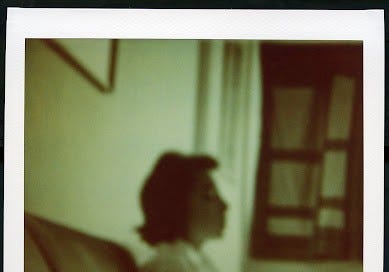No one like Clarice Lispector hides behind the voice of a writer taken by a story, by a marginal character, an almost non-existent "Northern" named Macabea, unaware of her condition and to keep us walking on the edge of sorrow, without possibility crying or laughing, feeling that our bodies are empty, that ideas abandon us and that feeling, the only possible fact, forces us to cling to the covers of the book without hope.
The little more than 60 pages of "The Hour of the Star" present us with a psychic geography in which nothingness leaves no room for lack and where loneliness is something tangible. Macabea can only be taken to death, at that prime time, after being out of that land close to holiness where she lives and making her minimally aware of her shortcomings, showing her the shape of a future.
Clarice gives us (me) one of those images that are worth a lifetime, that of a story “made of words,” without any plot or plan, like a “silent photograph” that shows what is like that, simply because it is like that. “When you pay attention spontaneously and are a virgin of impositions when you pay attention, the face says it all.”
And so much photographic documentation, so much reading of images, so much analysis remains on hold, in custody, until reason pays the bail and returns us to safer ground. But that security is only given to us by the lie, the plausible explanation, not the truth, since “the truth is always an inexplicable inner contact. The truth is unrecognizable."



